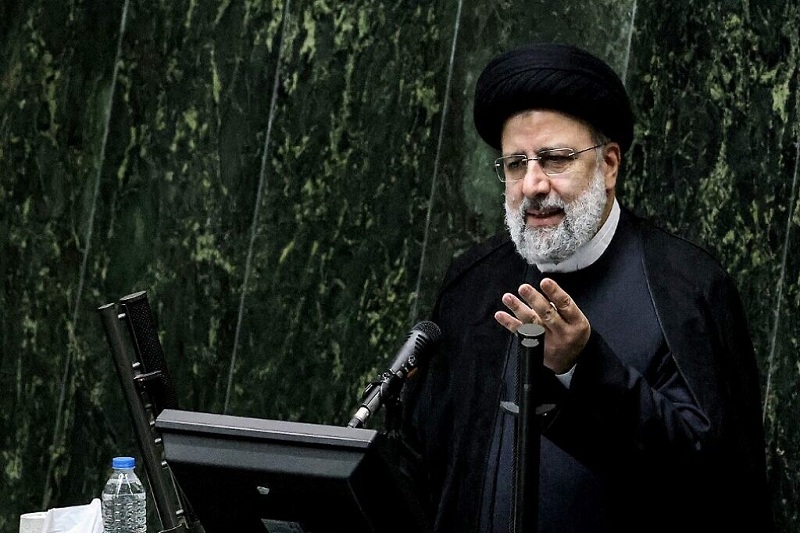
Iran’s Hardline Cabinet to Force US on its Stance
Iranian high-ups are of the opinion that placing a new hardline cabinet can force concessions in talks on Tehran’s nuclear deal with world powers. Iran’s latest step is marked by the messy US withdrawal from Afghanistan – thinking that the lost superpower can now be brought to its knees. Deputy Foreign Minister Ali Bagheri Kani, a hardline diplomat, was named to replace Abbas Araqchi on Tuesday.
Kani is a seasoned pragmatist diplomat. Tehran hopes his appointment will lead to a lifting of U.S. sanctions. He had been a negotiator in the nuclear talks under former hardline president Ahmadinejad from 2007 to 2013. It merits a mention that he is a close relative of Supreme Leader Ayatollah Ali Khamenei.
“Kani is a face of the hardline deep state that is in charge across all institutions in Iran now and can readily negotiate with the West as he is not only representing the government but carries the empowerment of the inner circle,” said Krieg Andreas, professor at the School of Security at King’s College, London. “The US airlift from Afghanistan has given Tehran more confidence in their surrogate warfare approach – signifying that the US is on the backseat in the region.”
Related Posts
Iran has cautioned Washington and its Gulf allies by relying on proxies in Yemen, Iraq, and Lebanon to spread its influence across the Middle East steadily. Indirect talks between the United States and Iran stopped in June, days after Raisi was named president of Iran. Antony Blinken – US Secretary of State – said last week that time was running out for Iran to get back to the nuclear accord.
Iran’s enrichment with advanced centrifuges remains an unresolved issue, and so does the easing of US sanctions, Tehran’s export of oil and its payment via an international bank. Both Washington and Tehran see each other with suspicion.




